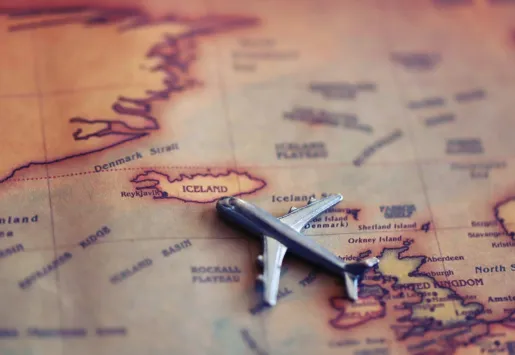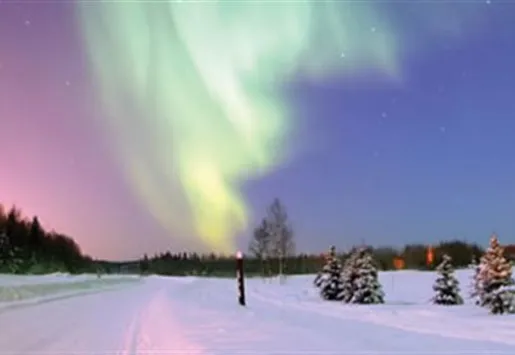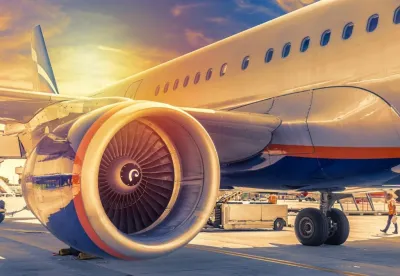
After the strong decline in visitor numbers caused by the bankruptcy of airline Wow Air last May, Iceland focuses on sustainable tourism and targets a higher-end clientele.
This time, the Eyjafjallajökull volcano had nothing to do with it. When, in March 2019, air traffic suddenly dropped at Keflavik airport, which serves the capital of Iceland, Reykjavik, it wasn’t because of an eruption, as in 2010, but the bankruptcy of the Icelandic airline, Wow Air. This company had contributed to the explosion of tourism in Iceland, the number of visitors having quadrupled between 2010 and 2017 to exceed 2.4 million in 2018.
The worst was feared for the Nordic country, which emerged from a major financial crisis in 2008 thanks to tourism, which has become the leading sector of the economy. But, it’s believed, the worst was avoided.
A decrease of 14% expected in 2019
It’s expected about 300,000 fewer foreign visitors will arrive in 2019, a 14% drop - a real fall. But, for several years, tourism increased by 30 to 40% per year, so the sector must relativize.
Inga Hlin Palsdottir, director of the Visit Iceland tourism board believes in Iceland’s resilience after the crisis caused by the bankruptcy of Wow Air: “In 2011, three companies served Iceland. Today, there are 16 in winter and 28 in summer. Even if, of course, it was Icelandic, Wow Air was only of those companies. Moreover, since March, Icelandair, the major company in this country, has seen its passenger numbers increase.”
No worries
Experts are not worried. The impact of the decrease in visitor numbers wasn’t felt much. Wow Air had brought lots of new visitors, but it wasn’t a lot of big groups and not the ones who spent the most. Indeed, it seems that the company’s bankruptcy could even be a new step for tourist authorities in a country where grumbling over the consequences of “overtourism” (environmental damage, rising rents, etc.) had begun to grow.
“We hope to attract visitors who stay longer and spend more,” admits Inga Hlin Palsdottir, who says the country’s first two five-star hotels have been built recently and a third will be open soon.
With fewer low-cost flights, fewer tourists, but more up-scale tourism, Iceland could succeed in changing the sector, according to “a strategy defined before March 2019: sustainable tourism,” explains the director from Visit Iceland. “For example, we have created an oath that the visitors are invited to sign upon arrival on the island, which commits them to respect the sites, reduce their ecological footprint and avoid damaging wilderness areas.”













